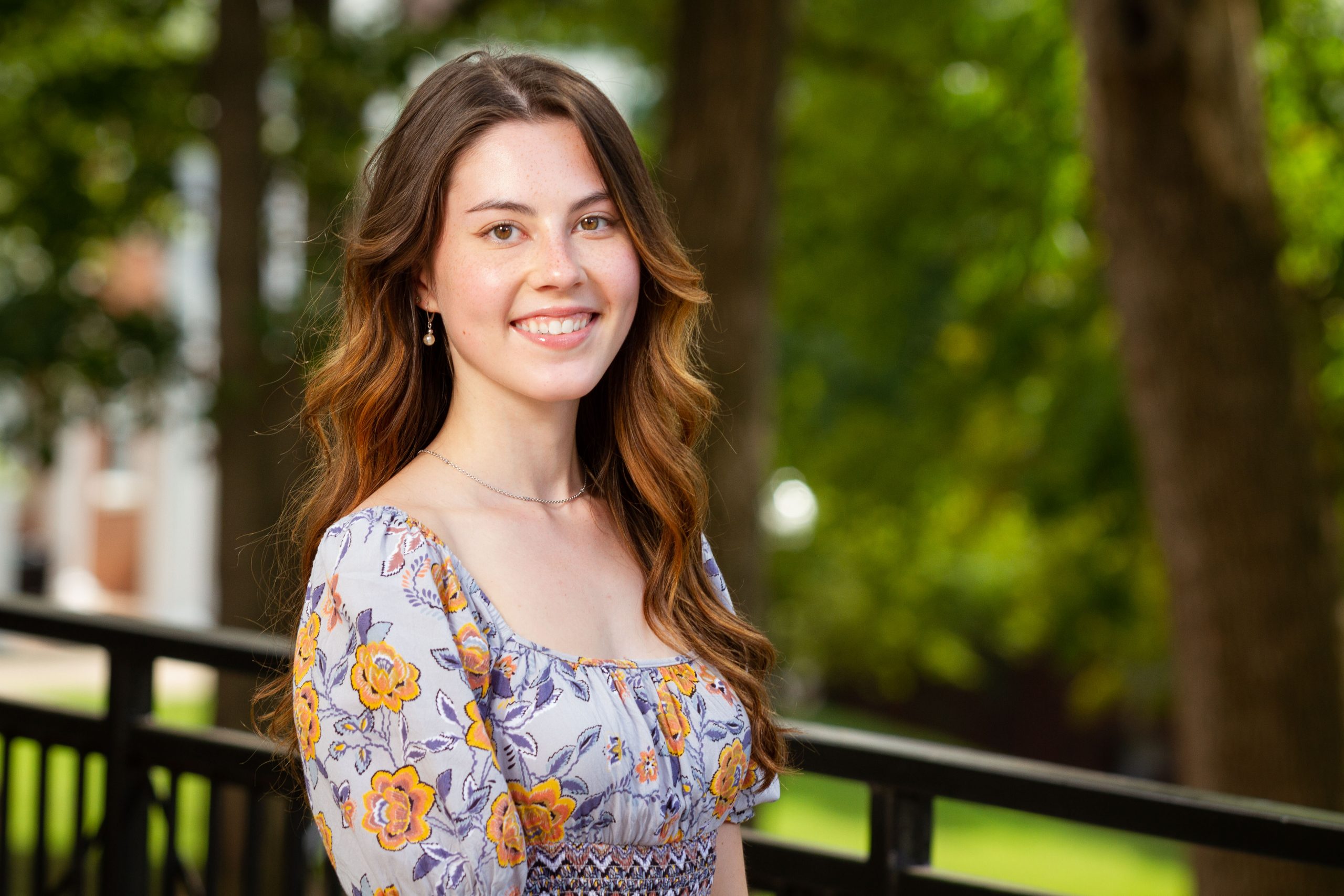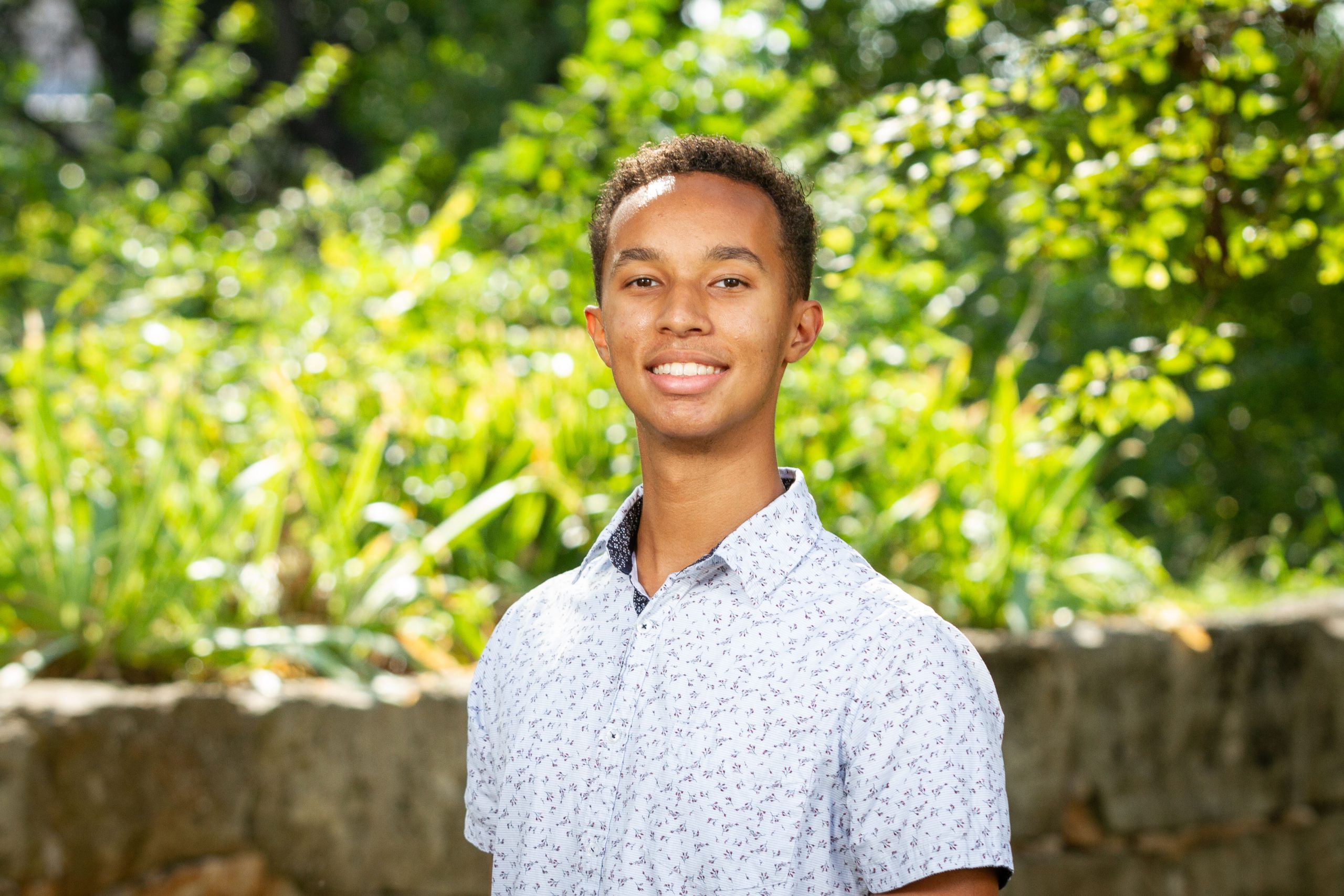Dalton Hubble, a senior at the Carol Martin Gatton Academy of Mathematics and Science in Kentucky and John Hardin High School, has been selected as a semifinalist in the Intel® Science Talent Search 2009, a program of the Society for Science & the Public. Hubble, along with two other Kentucky high school seniors, are among 300 students named semifinalists in the national competition.
As America’s oldest and most prestigious pre-college science competition, the Intel Science Talent Search brings together the best and brightest young scientific minds in America to compete for $1.25 million in scholarships. Each semifinalist receives a $1,000 award with an additional $1,000 going to his or her respective school, resulting in $600,000 in total semifinalist awards.
Hubble’s research entitled “Fabrication of Poly(2-Hydroxyethyl Methacrylate) by Hot Filament Chemical Vapor Deposition” was conducted this past summer as part of the Massachusetts Institute of Technology’s summer research program. The results of his project include implications for improving the tailoring of specialized polymers for a variety of biomedical and tissue engineering applications.
This year’s semifinalists were selected from 1,608 entrants, and hail from 36 states, the District of Columbia and accredited overseas schools in India and South Korea. The Intel Science Talent Search encourages students to tackle challenging scientific questions and develop the skills to solve the problems of tomorrow. Projects submitted for consideration cover all disciplines of science including biochemistry, chemistry, physics, mathematics, engineering, behavioral science and medicine and health.
“All of us at the Gatton Academy are proud of Dalton,” said Derick Strode, the Gatton Academy’s coordinator for research, internships, and scholarships. “He has shown that Academy students can successfully compete in national competitions for scholastic achievement. Dalton is setting a precedent that will help define the future of the Gatton Academy.”
Over the past 67 years, the young innovators chosen to participate in the Science Talent Search have gone on to receive some of the world’s most prestigious honors. For example, seven former finalists have won the Nobel Prize while others have been awarded the Fields Medal, the National Medal of Science and MacArthur Foundation Fellowship.
“Intel Science Talent Search semifinalists tackle today’s challenging problems with solutions that have great potential to positively impact our world,” said Craig Barrett, Intel’s Chairman of the Board. “To foster the next generation of innovators, the United States must invest in encouraging this passion for math and science in more of our youth.”
As part of the Gatton Academy living/learning environment, students are encouraged to apply their advanced university-level coursework in real-world situations through conducting research. Hubble’s project began as part of his research during the 2008 Massachusetts Institute of Technology’s summer research program.
“The Gatton Academy is training future scientists who will benefit the Commonwealth,” said Strode. “Our students have the unique opportunity to participate in research projects at the undergraduate level in Western Kentucky University’s laboratories. The students benefit from the supervision and mentorship of WKU professors. Research experiences accelerate and enhance the learning taking place in the classroom. Dalton Hubble has latched onto the research opportunities offered to him as an Academy student. This coupled with his natural aptitude has put Dalton well on his way to being a great scientist.”
On Jan. 28, 40 of the 300 semifinalists will be named as finalists and receive an all-expense paid trip to Washington, D.C. for a week-long event in March; they will compete for a grand prize of $100,000. A total of $530,000 in scholarships will be provided by the Intel Foundation with each finalist receiving at least $5,000 and a new laptop powered by the Intel® CoreTM2 Duo processor. The top finalists will be selected based on rigorous judging sessions while in Washington, D.C. and announced at a black-tie gala award ceremony at the Mellon Auditorium on March 10.
Society for Science & the Public (SSP), a nonprofit organization dedicated to the public engagement in scientific research and education, has owned and administered the Science Talent Search since its inception in 1942.
“Serving as inspiration to us all, the Intel STS 2009 semifinalists represent a bright future for America and the world, as they apply their intelligence and creativity to our greatest medical, technological, and environmental challenges,” said Elizabeth Marincola, SSP president. “SSP joins with Intel in congratulating the mentors, teachers, schools and parents who have supported the success of each semifinalist.”
2009 marks Intel’s 11th year sponsoring the Science Talent Search. In October 2008, the Intel Foundation committed $120 million over the next 10 years to Society for Science & the Public programs, supporting not only the company’s historical commitment to the Intel Science Talent Search and Intel International Science and Engineering Fair, but also the creation of a robust education outreach initiative and an alumni network of past Science Talent Search participants.
As part of Intel’s new education outreach commitment, the SSP Fellows Program began today. The program provides funds and training to select U.S. science and math teachers, with the goal of encouraging more under-resourced students to produce high-quality, independent scientific research. Applications for the Fellows Program will be accepted through Feb. 15 and can be accessed at www.societyforscience.org/outreach.
Intel believes that students everywhere deserve to have the skills necessary to become the next generation of innovators. Intel’s commitment to education extends far beyond Intel Science Talent Search. Intel works to help improve the quality of education from local schools to global universities. Over the past decade alone, Intel has invested over $1 billion, and Intel employees have donated over 2 million hours toward improving education in 50 countries.
Kentucky semifinalists and their research papers include:
Bowling Green Carol Martin Gatton Academy of Mathematics and Science
Hubble, Dalton Gregory, 17, Rineyville
Fabrication of Poly-(2-Hydroxyethyl Methacrylate) by Hot Filament Chemical Vapor Deposition
Louisville duPont Manual Magnet High School
Hsiao, Allan Jer-Yu, 17
Characterization of a Geranium Gene Promoter: Determining Trichome-specificity and Further Applications
Saint Xavier High School
Bolander, John Anthony, 17, Memphis, IN
Detecting Vortices with a Polarized Laser Beam
About the Gatton Academy
The Gatton Academy offers a residential program for bright, highly motivated Kentucky high school students who have demonstrated interest in pursuing advanced careers in science, technology, engineering, and mathematics. Sixty students each year are admitted to the program through a competitive process. Instead of spending their junior and senior years in traditional high schools, students enroll in the Gatton Academy and live in a uniquely dedicated Gatton Academy residence hall. The goals of the Gatton Academy are to enable Kentucky’s exceptional young scientists and mathematicians to learn in an environment which offers advanced educational opportunities and to prepare them for leadership roles in Kentucky. Taking courses offered by WKU, their classmates are fellow Gatton Academy students and WKU undergraduate students. At the end of two years, Gatton Academy students will have earned at least 60 college credit hours in addition to completing high school. The Gatton Academy also seeks to provide its students with the companionship of peers; to encourage students to develop the creativity, curiosity, reasoning ability and self-discipline that lead to independent thought and action; and to aid students in developing integrity that will enable them to benefit society. More information about the Gatton Academy is available online at www.wku.edu/academy.


